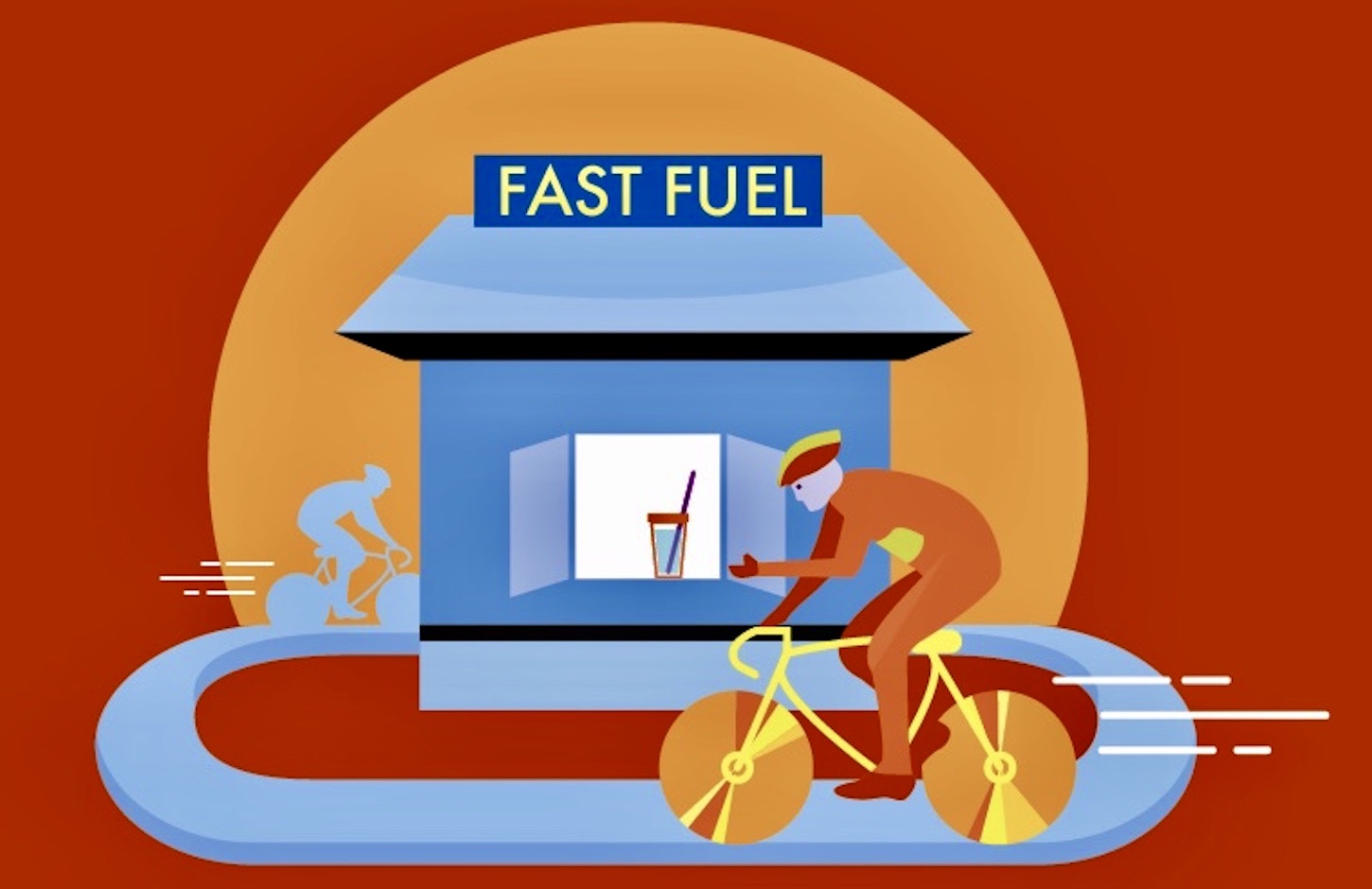

article by Taylor Thomas
As both athletes and coaches we understand the importance of nutrition when it comes to optimizing performance, but with all of the competing information floating around it can make it challenging to understand what the best approach is. The goal of this article is to hopefully cut through some of the noise and provide actionable takeaways that will help guide an individualized and tailored approach to helping you realize your full potential.
One size does not fit all…
If there’s one takeaway from the following guidance it should be that every athlete is different, and requires an individualized approach to their nutrition strategy. Sex, age, muscle mass, metabolism, genetics, and the list goes on, can all impact how our bodies process nutrients in relation to exercise and performance. Often times, athletes and coaches will cling to a particular approach because it’s worked in the past, or it’s the latest “miracle diet” when all signs point to the fact that it doesn’t work for the individual.
The overarching goal is to arrive at a place where athletes can view food as fuel for performance, maintain a healthy relationship with food, and understand what their body needs to maximize their likelihood of success. Track intake can be a good way to gain an understanding of what daily habits are, and how you’re currently fueling workouts. I’ve found that oftentimes it doesn’t take long before trends begin to take shape, and negative, unhealthy, or unproductive habits can be pinpointed. This is also a good way to look at nutrient timing in relation to exercise, specifically carbohydrates and their proximity and availability to higher intensity sessions. It’s easy to focus on macro’s, but are they coming at the right time, specific to your needs, in relation to performance? This is what’s important.
Pre-Workout
One of our jobs as coaches is to help athletes balance their busy schedules, and find a training approach that’s right for them. Often, this means athletes are fitting workouts in early in the mornings, or later in the evenings when there are gaps in their schedules. These times are productive for executing planned training sessions, but can sometimes be detrimental when it comes to fueling for performance. For instance, if an athlete is expected to perform a hard VO2 Max session but is in a fasted, or glycogen deficient state due to the timing of the workout, this could lead to decreased performance, heightened RPE, higher heart rate, and leave the athlete feeling defeated. We want to consider how timing fueling in relation to specific workouts, and an athlete’s schedule could help set them up for success. The following guidelines can help ensure that there’s proper fuel onboard, and provide the coach and the athlete a lens through which to view nutrient timing in relation to key workouts.
- Consume 10-12g of carbs per kg of lean body mass for up to 48 hours prior to a key workout or event.
- Consume 1-4g of carbs per kg of lean body mass per hr for 1-4 hours prior to a key workout.
- Reduce problematic foods 24 hours prior to the workout to minimize the likelihood of GI distress.
Post-Workout
Post-exercise nutrition is what most are familiar with. It’s what we’ve been marketed to as the “Critical Post-Exercise Window”, but again, there’s no one size fits all broad stroke that works for every athlete. Some athletes respond well to the higher protein amount that we’ve typically prescribed for Muscle Protein Synthesis (MPS), while others may need more carbohydrates or fat to feel fully recovered. Again, this is where tracking intake in relation to performance and RPE can really help. If you performed a hard workout one day, how do you feel the next day? How did you sleep? How’s your motivation? Fatigue? All of these “softer” metrics can be a good indicator of whether or not your post-workout nutrition is optimized for you as an individual. So often, athletes simply aren’t aware of how they should fuel after a workout. Everyone is rushing from their workout to work, school, or any number of the other responsibilities you may have. Without proper attention paid to how you eat after a workout, you can easily find yourself in a deficit going into your next session. This circle of poor fueling and poor performance can be hard to get out of, so it’s better to try and get ahead of it to ensure you’re set up for success. Here are some guidelines that can aid in general recovery and performance.
- Consume 1.2-1.5g of carbs per kg of lean body mass per hr for 4-6 hours after intense or extended (1.5 Hours or greater) exercise.
- Consume medium to high glycemic index (55+) foods for the remainder of the day following exercise.
- Consume .2-.5g of protein per kg of lean body mass per hour for the remainder of the day following exercise.
Our goal as coaches is to do everything we can to guide our athletes to realize their full potential. We write great workouts, help them improve their FTP, Threshold pace, VO2 Max, etc., but so often the key to performance doesn’t lie in the metrics. Individualized fueling strategies with special attention paid to nutrient timing can be one of the most powerful tools for maximizing performance. Moreover, working to understand the importance of a holistic, individualized, and healthy approach to fueling can give you a completely new perspective on your responsibilities as an athlete, and what it means to be successful both during and outside of your workouts.
Taylor Thomas is the Founder of Thomas Endurance Coaching (TEC) and a lifetime endurance athlete. For more information on coaching services, or to schedule a free orientation call with an expert coach click HERE.



